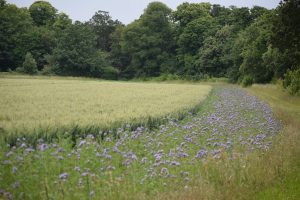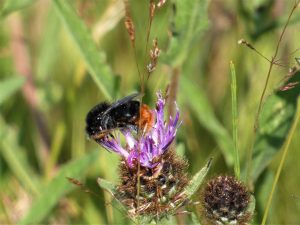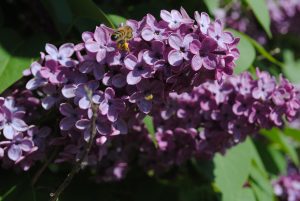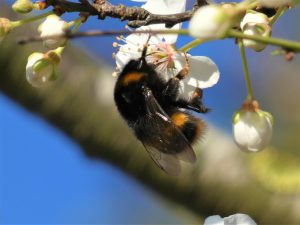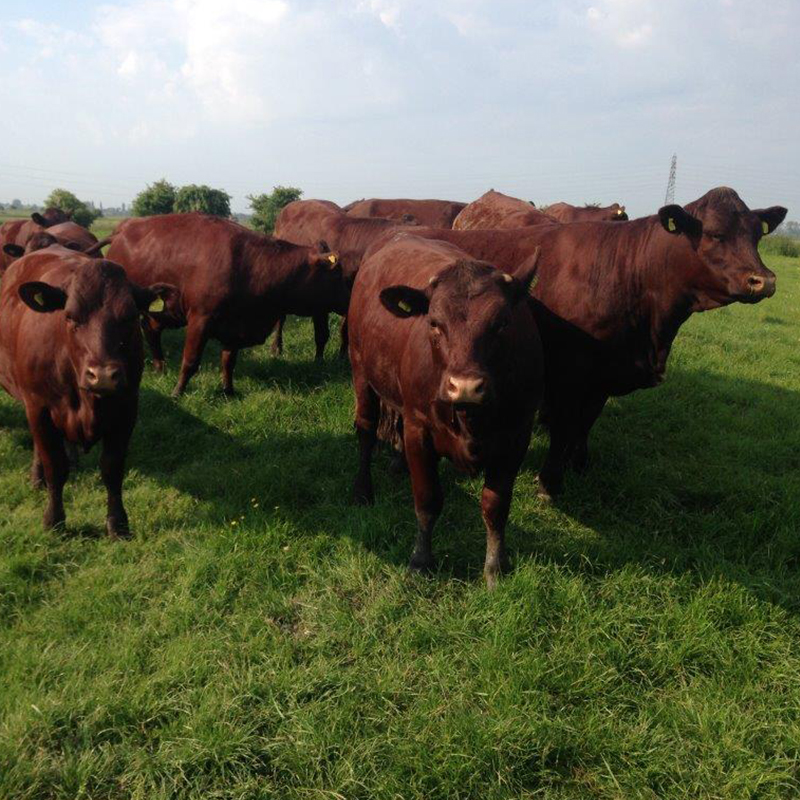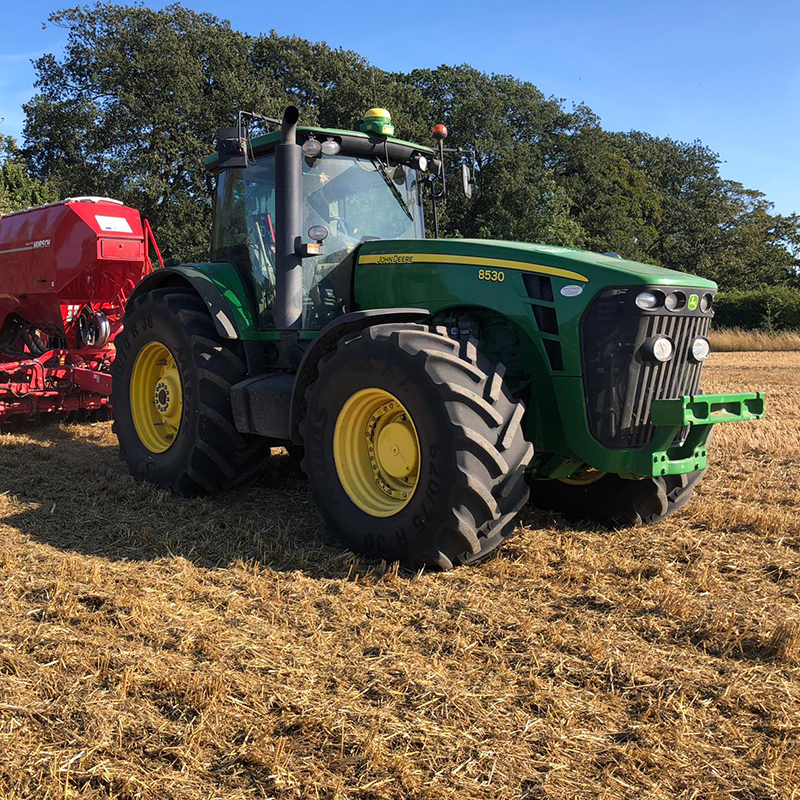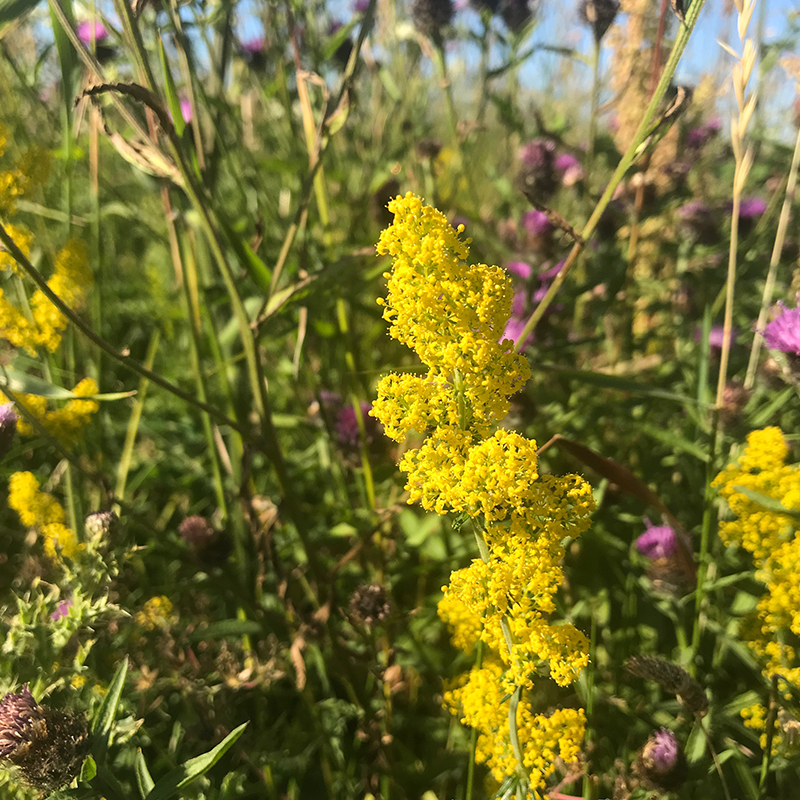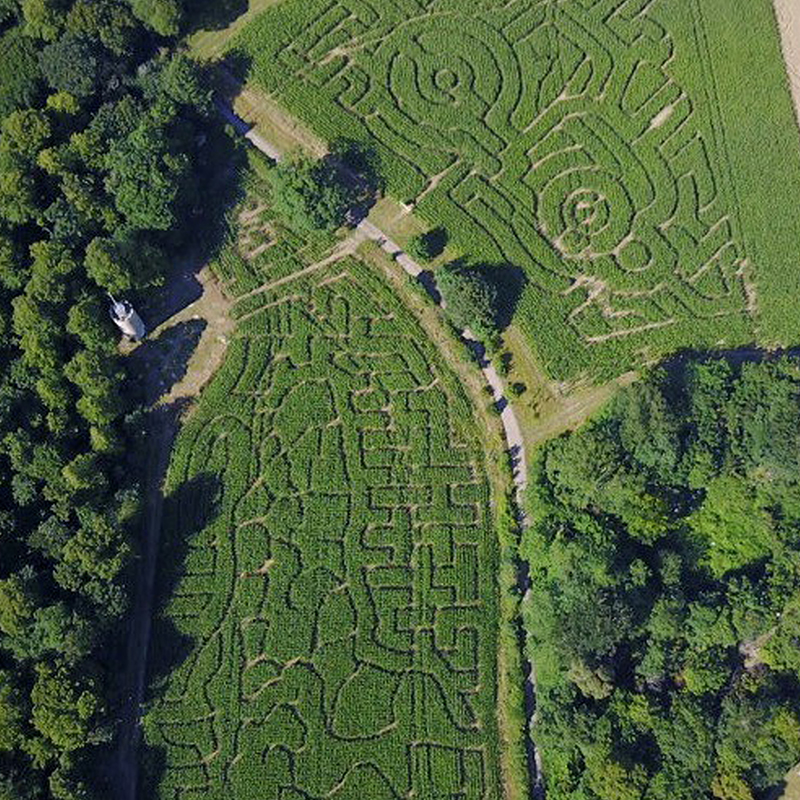
Quex Park, through its association with conservation and stewardship of the land projects, recognises the importance of encouraging pollinating insects such as the humble bumblebee of which there are 25 species in the UK.
Land on the Quex Park Estates is designated to provide wildflower meadows that encourage many of the insects that pollinate the crops, but especially the bumblebees.
Field margins are allowed to grow and are planted with a mix of wildflowers and grasses to provide a super-highway, or a Bee-Road, of food and shelter for the bees.
